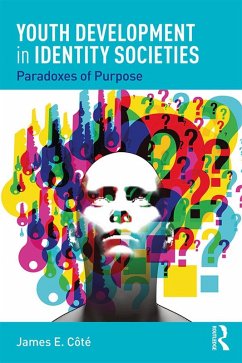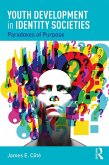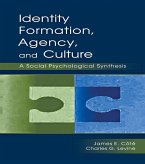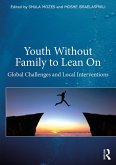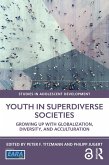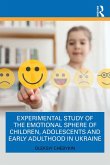The transition to adulthood is now commonly a prolonged process, with young people facing a number of psychological challenges and sociological obstacles in their identity formation. Challenges include difficulties in making prudent choices about goals. Obstacles involve cross-pressures in the wider society as well as in educational institutions. Consequently, many youth experience their education as alienating and stressful rather than as an opportunity for personal development. Those without a sense of purpose have more difficulties with their identity formation that can produce symptoms of anxiety and depression. The current student mental health crisis is examined in this context. An additional challenge is an ambiguously defined adulthood. Young people who are confused about appropriate adult roles often value hedonistic activities rooted in narcissism and materialism rather than in more fulfilling long-term goals. Conversely, those who are agentic in their personal development can thrive in adulthood, especially when they combine agency with generativity. This book ends with a series of recommendations for researchers and policy makers to help youth cope with the affluence-purpose paradox.
Dieser Download kann aus rechtlichen Gründen nur mit Rechnungsadresse in A, B, BG, CY, CZ, D, DK, EW, E, FIN, F, GR, HR, H, IRL, I, LT, L, LR, M, NL, PL, P, R, S, SLO, SK ausgeliefert werden.
"A fascinating examination of the identity crisis gripping today's youth. James Côté is the perfect scholar to write such a book. His knowledge and ability to explain and integrate multiple perspectives, from the sciences to the humanities, makes for a unique and particularly insightful take on the issues involved." - Steven L. Berman, University of Central Florida, USA
"This book is a most astute and engaging assessment of challenges facing modern societies in preparing youth for adulthood. Youth malaise and lack of purpose are situated in long-term trends-the decline of 'role societies,' individualization of the life course, and attempts to solve social inequality via universal higher education." - Jeylan T. Mortimer, University of Minnesota, USA

